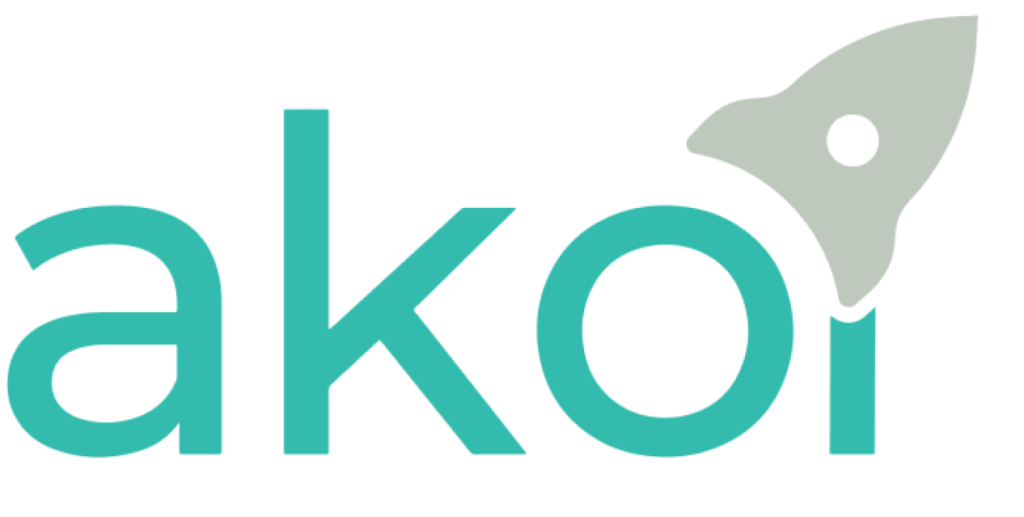The Future of SEO: Exciting Innovations in Search Engine Optimization
Did you know that Google processes over 8.5 billion searches daily? Staying ahead of SEO trends is essential for visibility in this competitive landscape. Search engine algorithms have changed once again, and your SEO strategy is now outdated. This scenario highlights the ever-evolving nature of SEO, where staying ahead means understanding the latest trends and […]
The Future of SEO: Exciting Innovations in Search Engine Optimization Read More »

